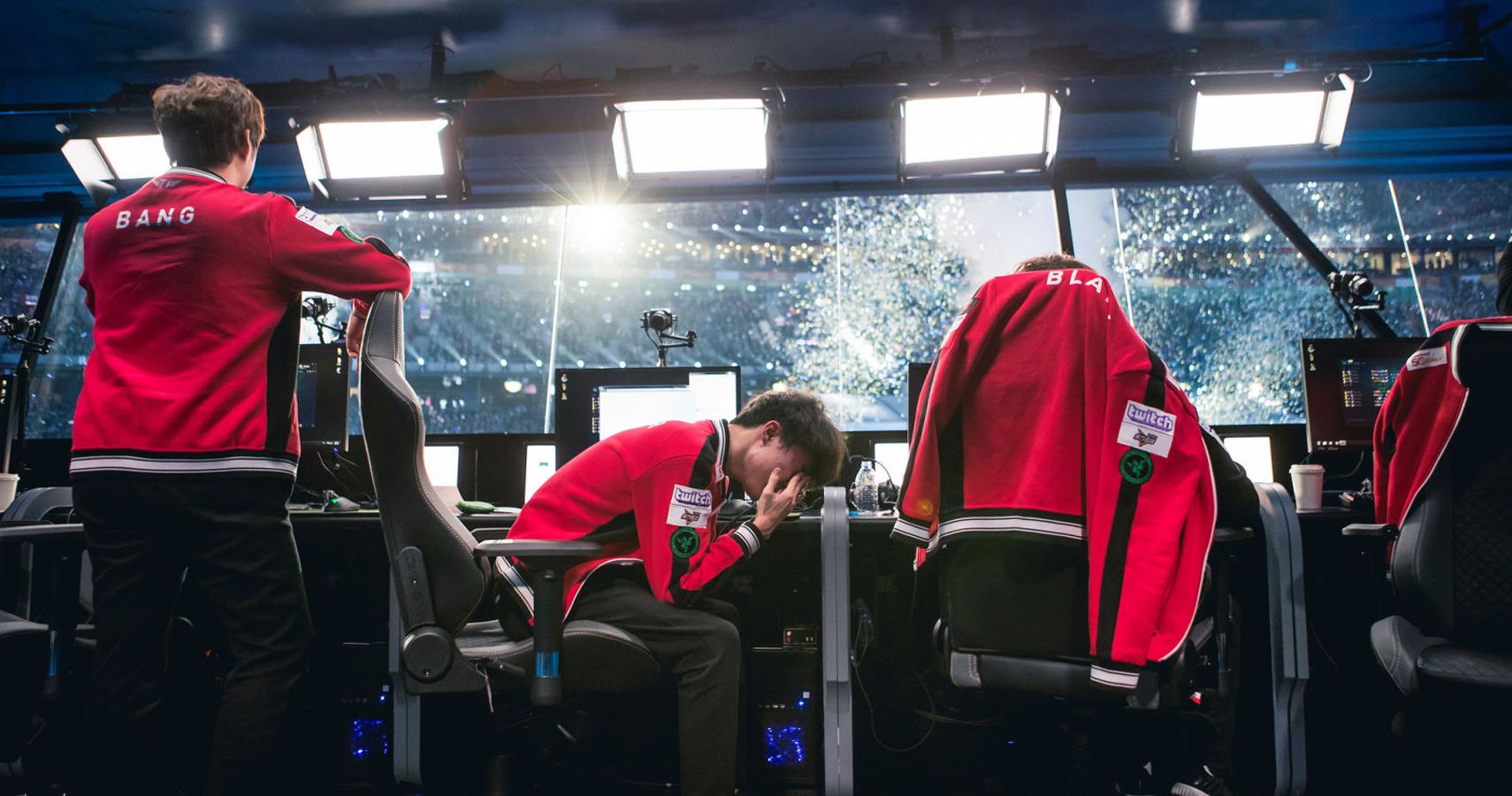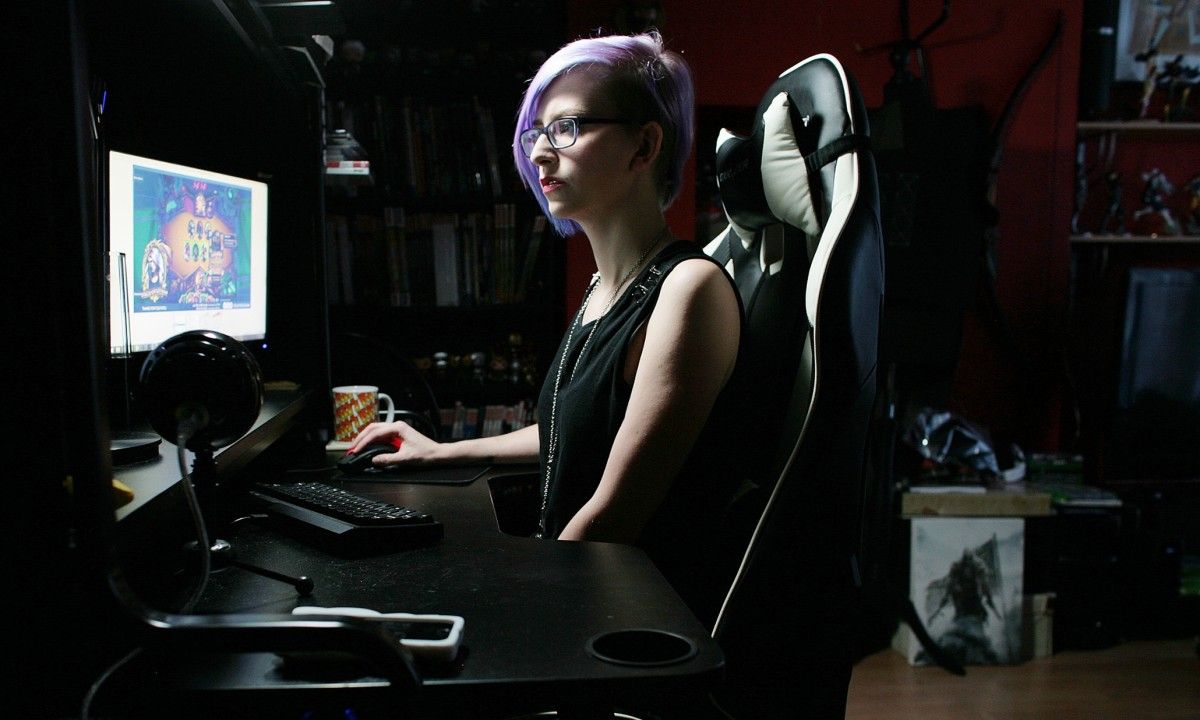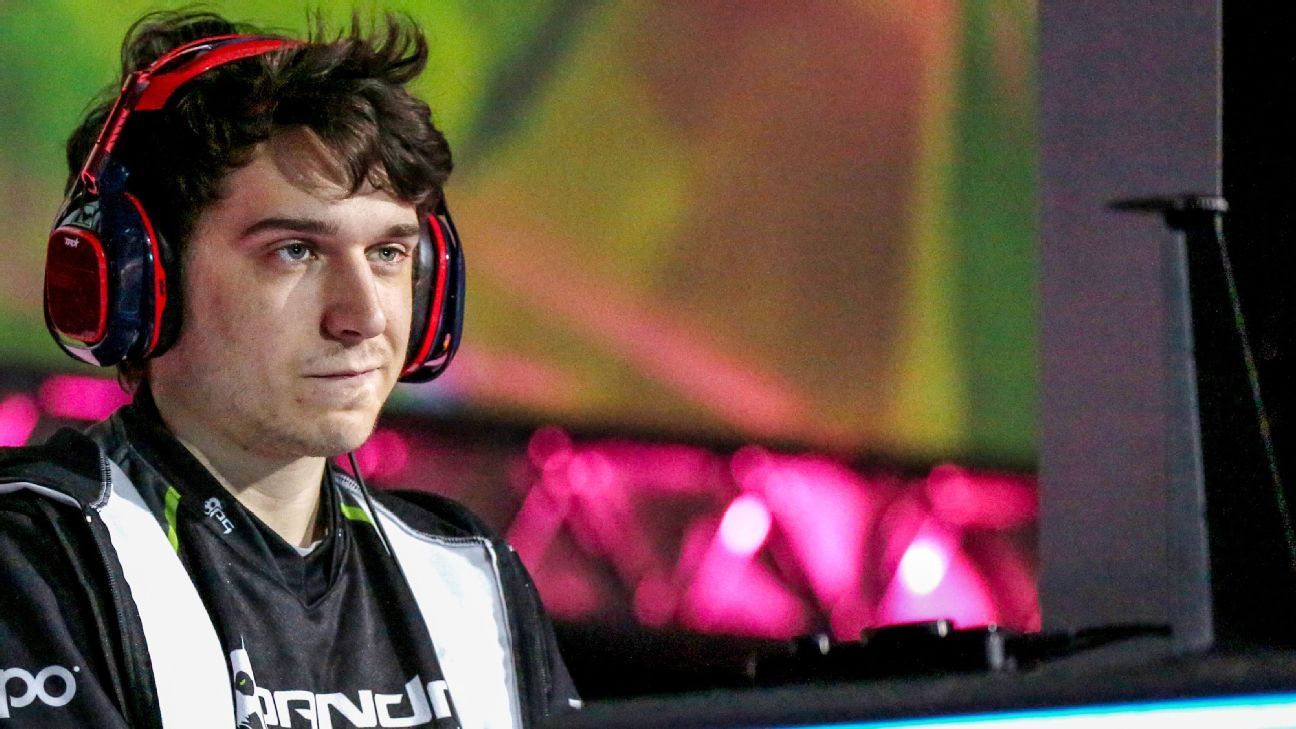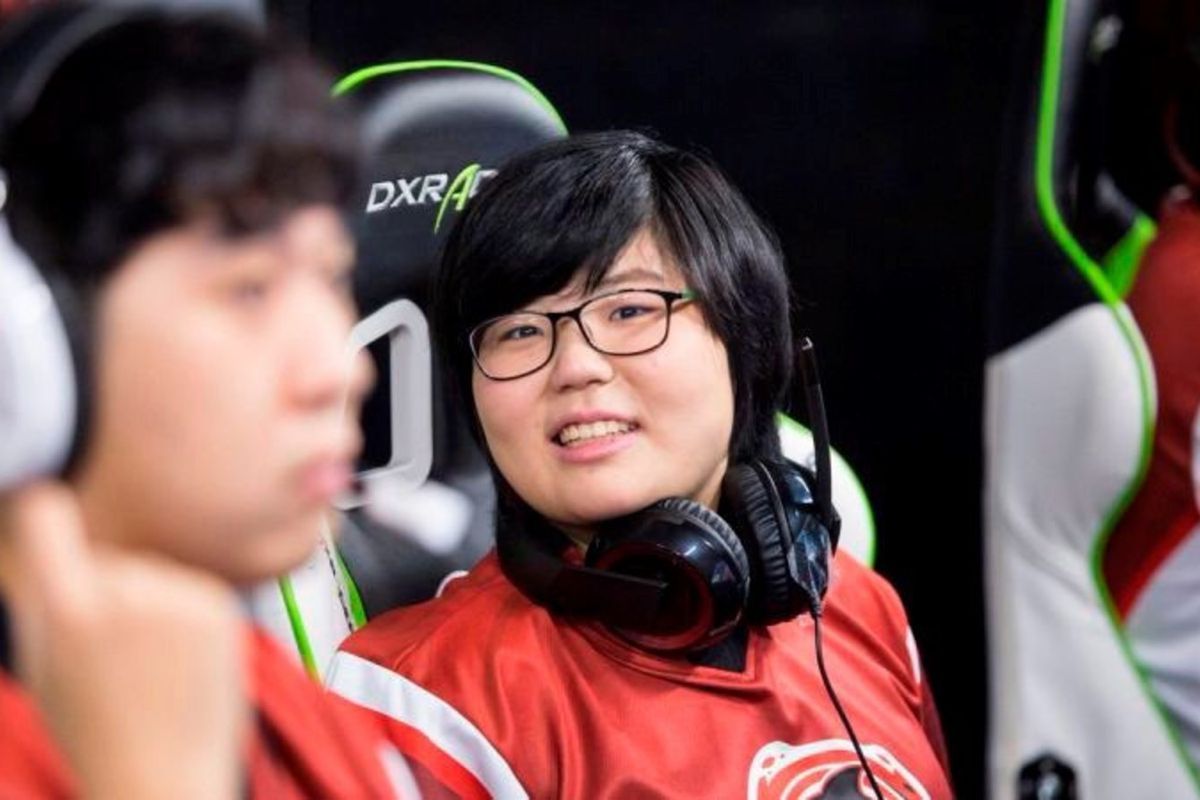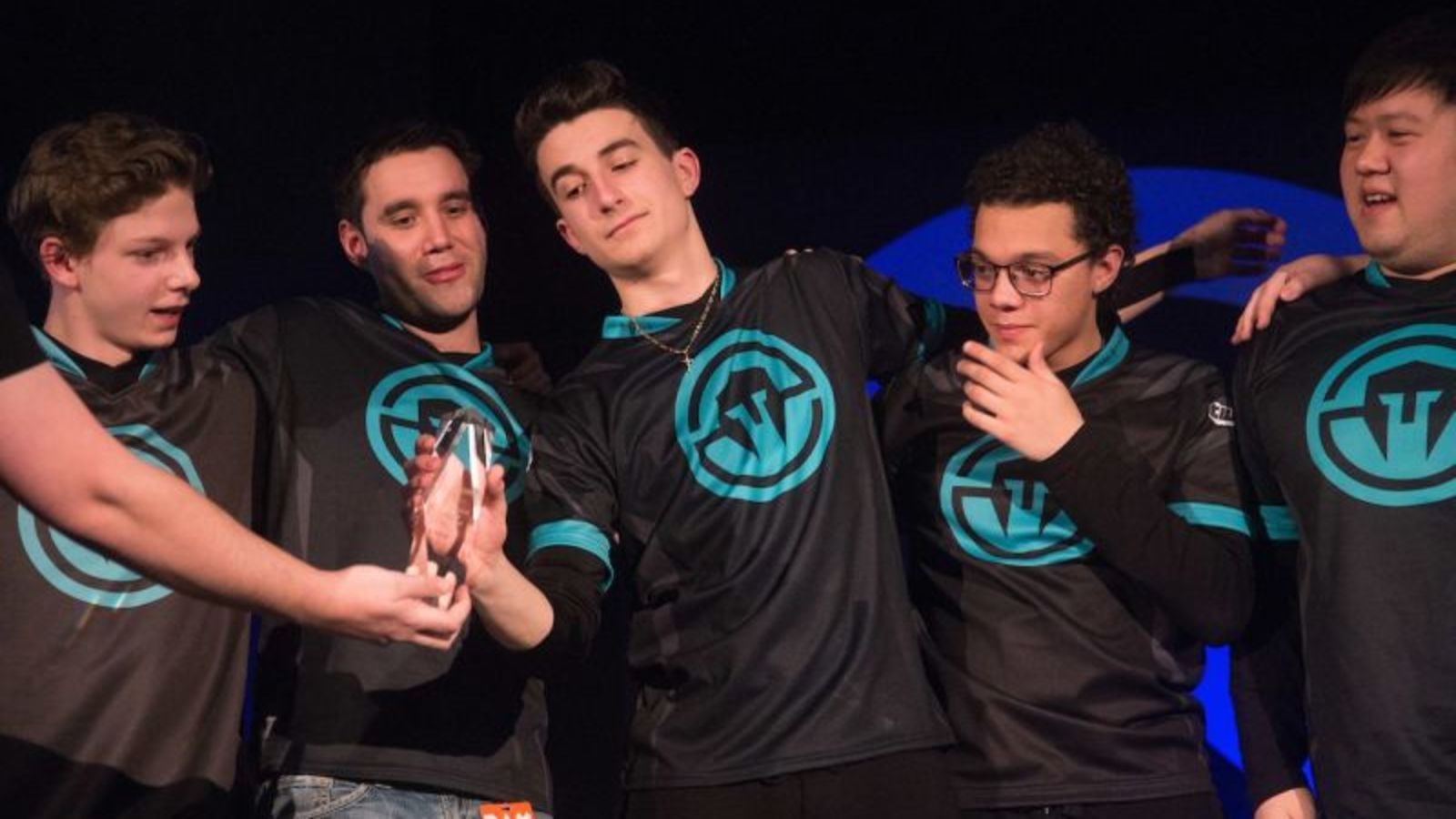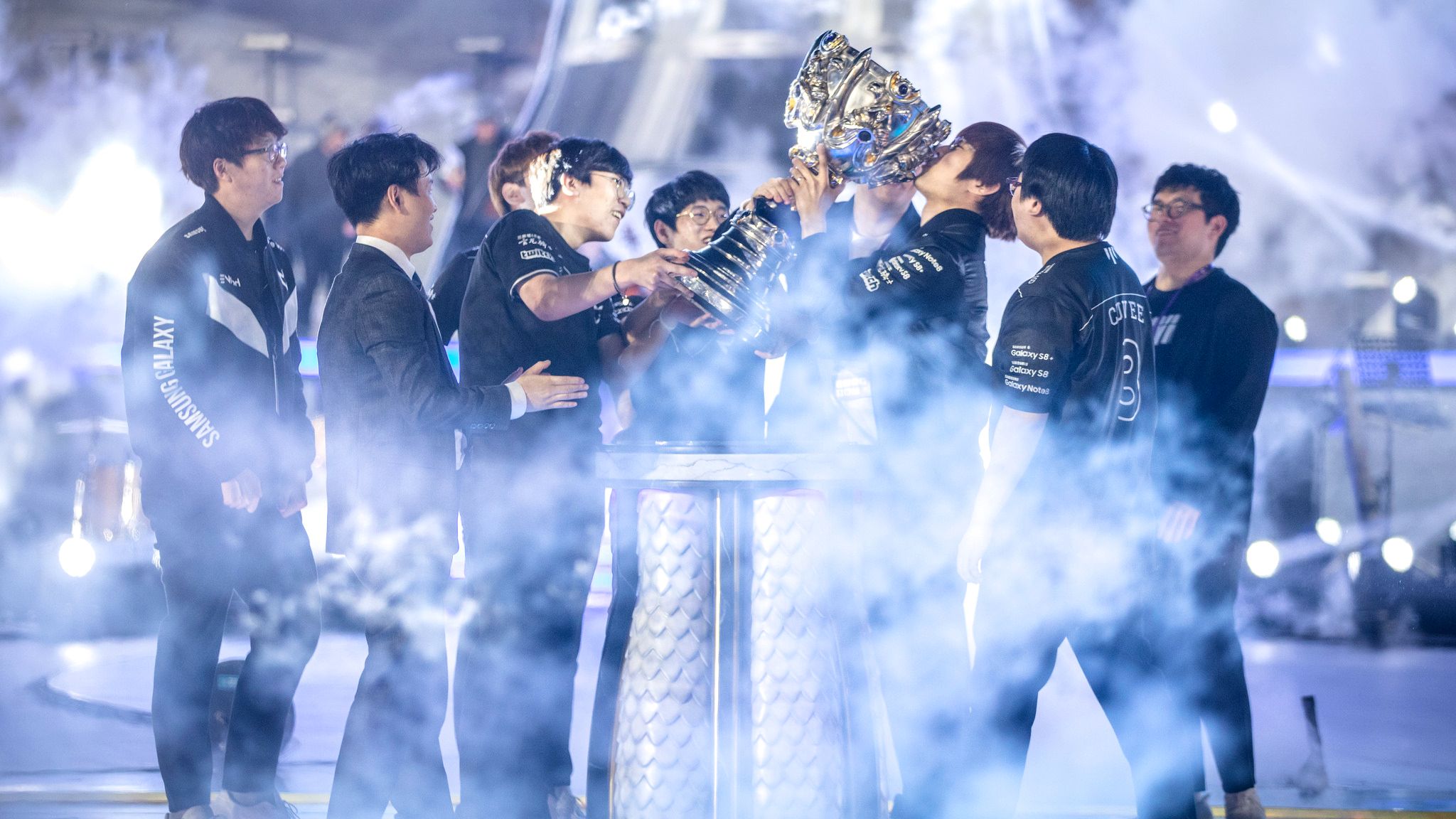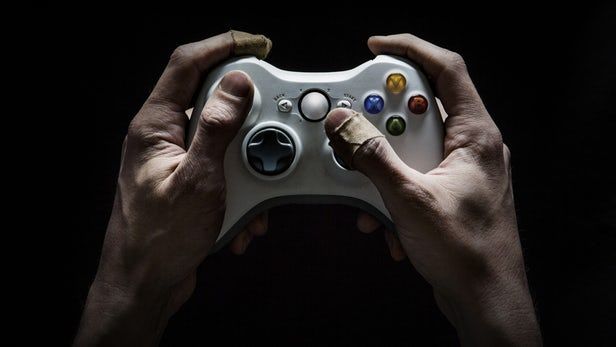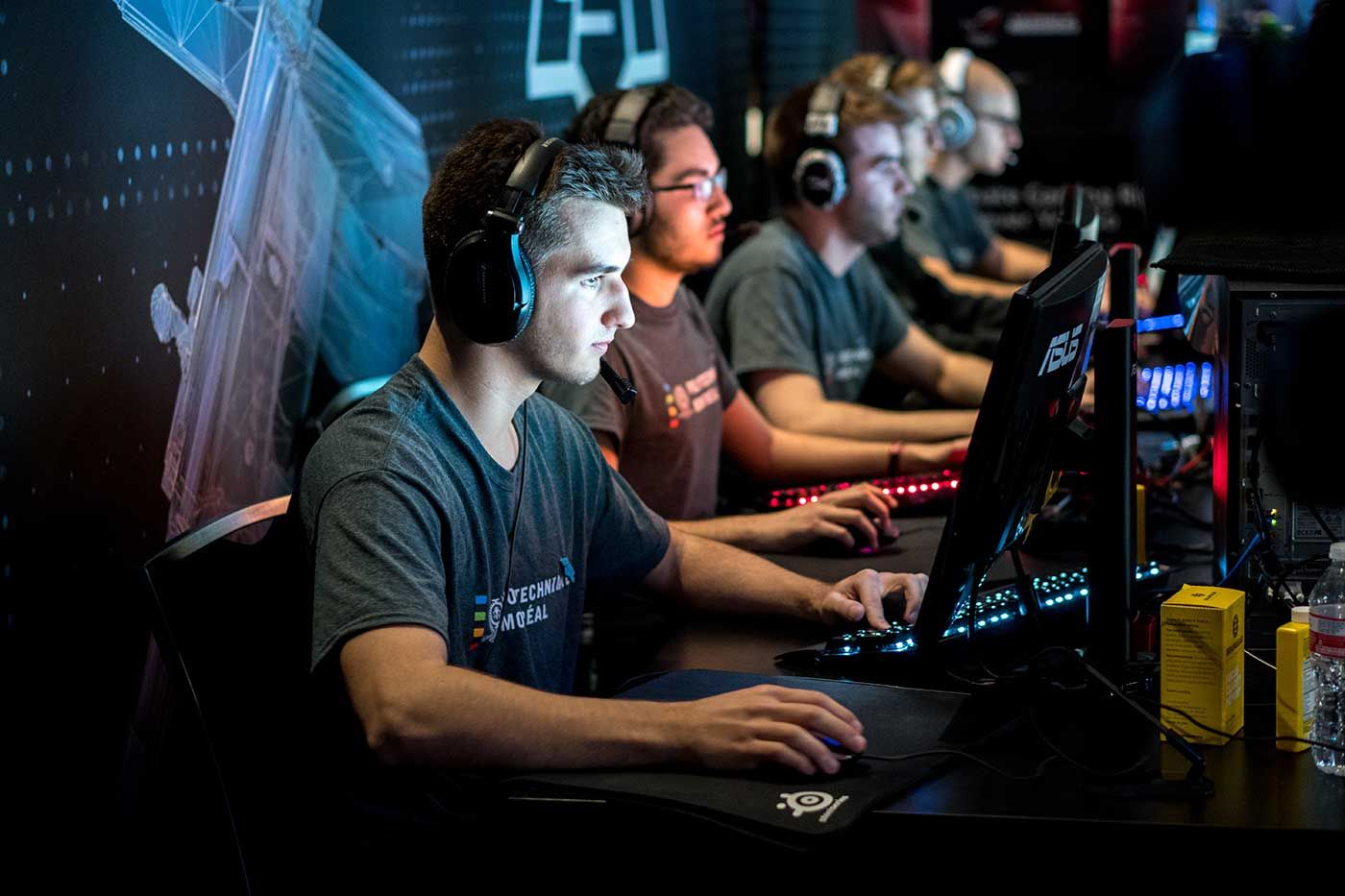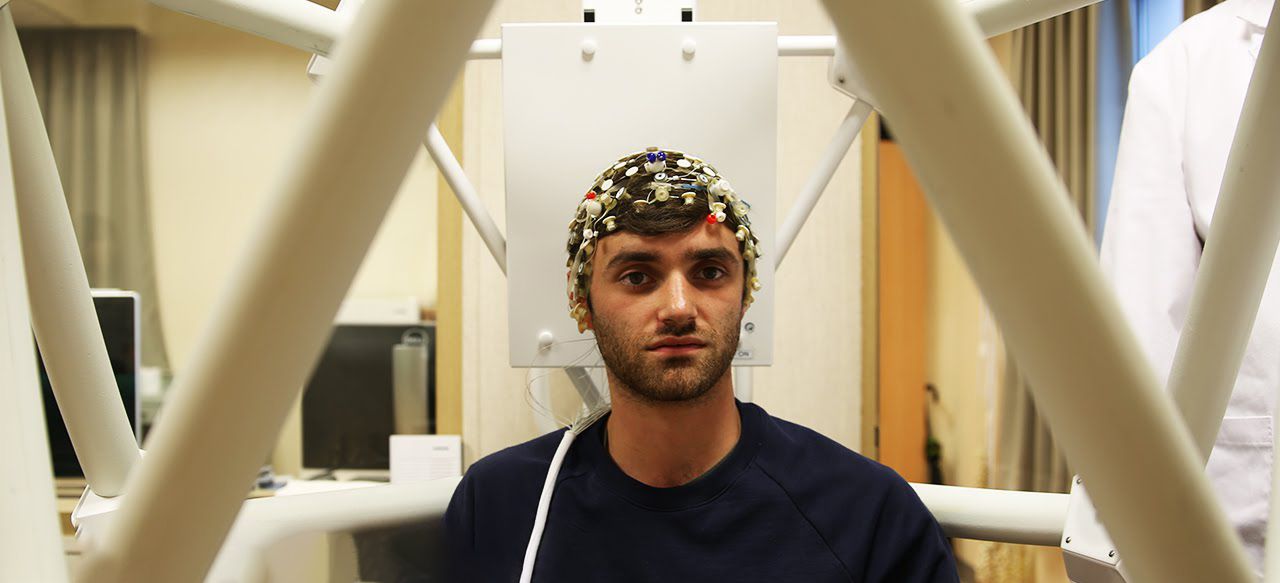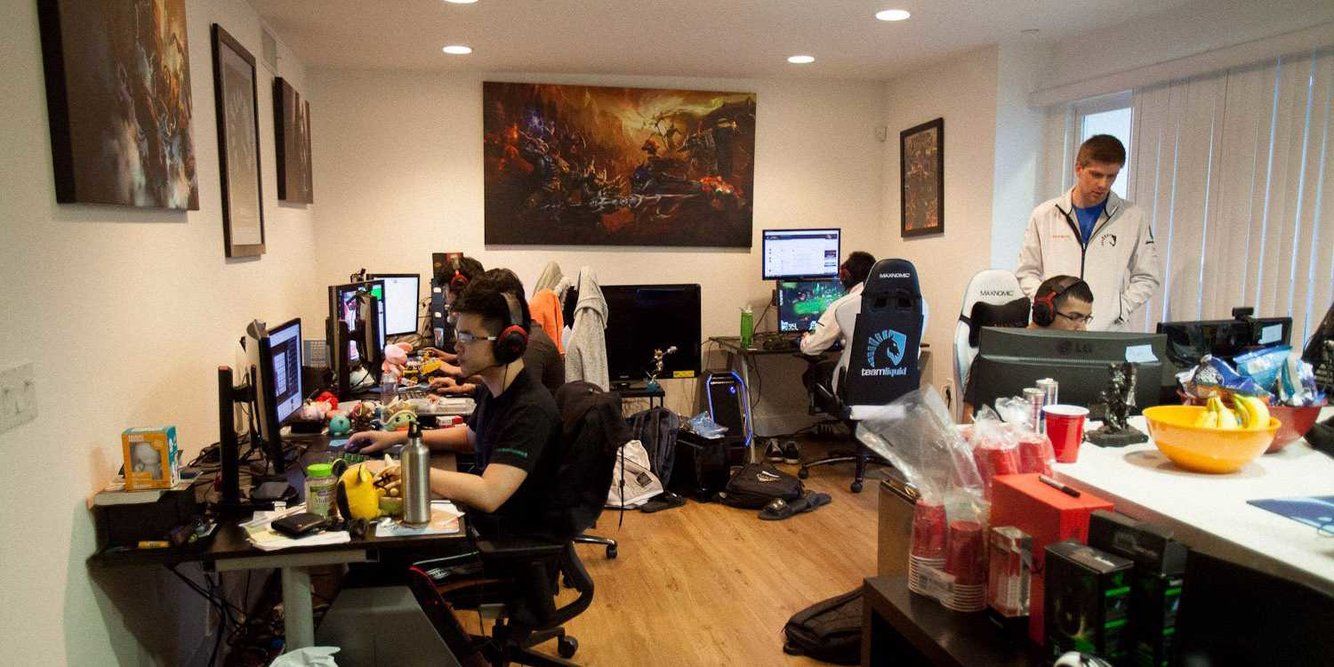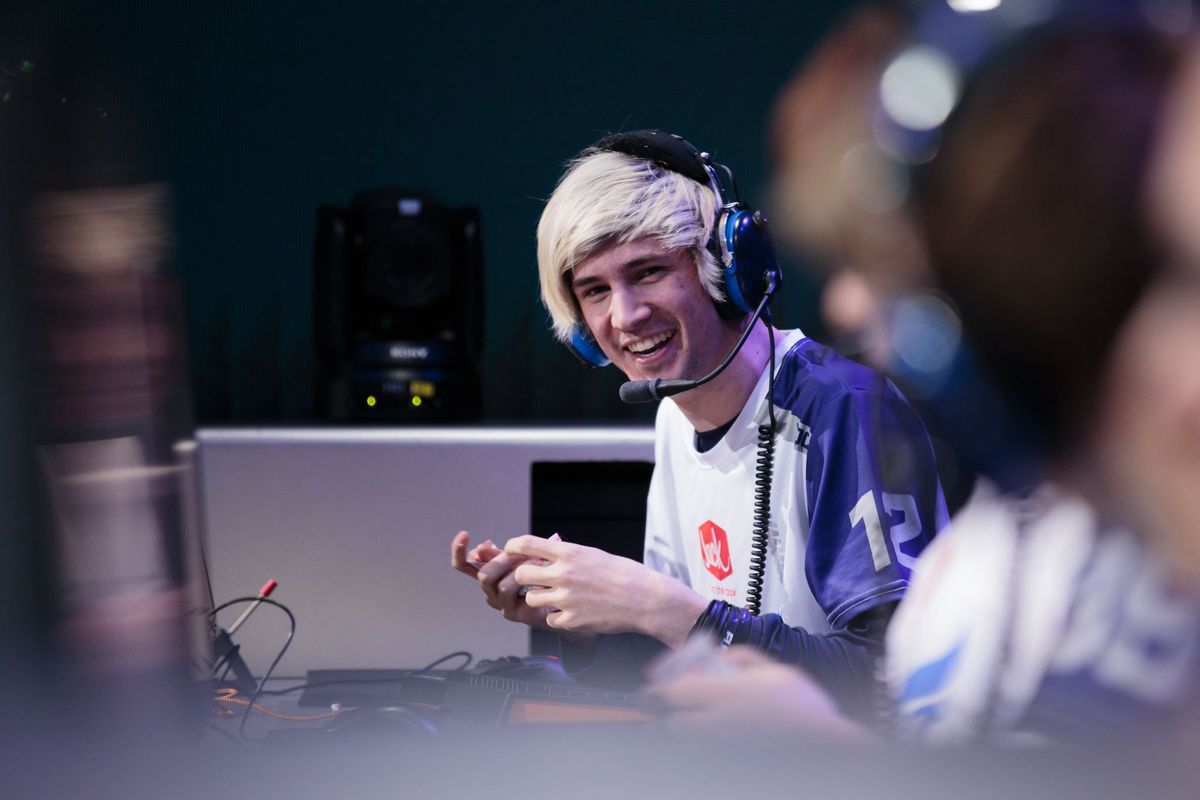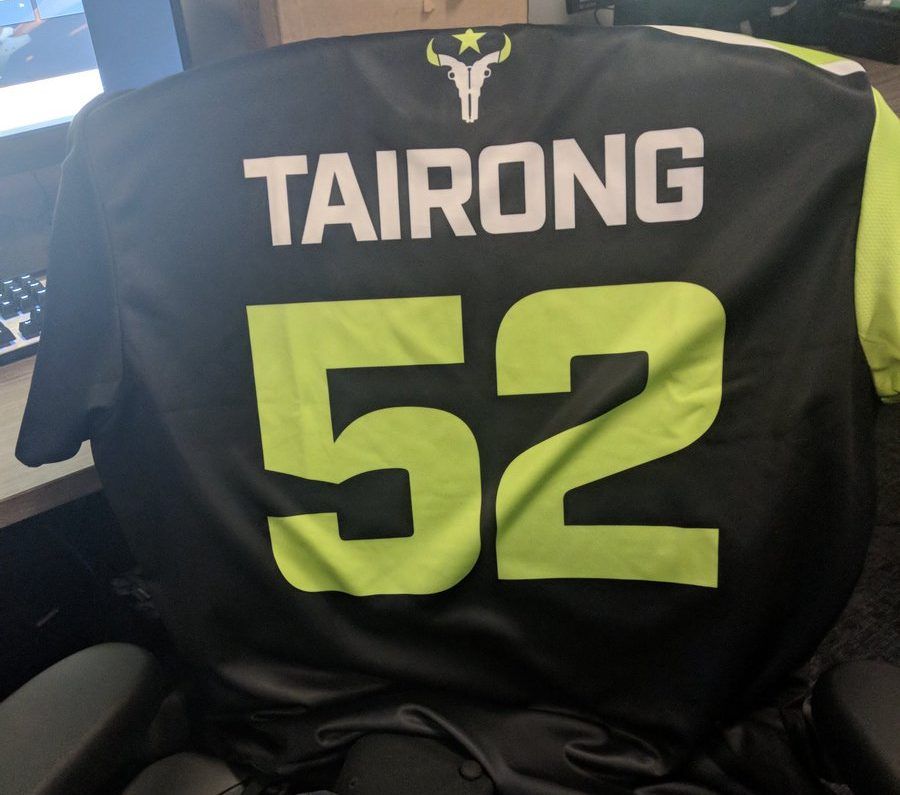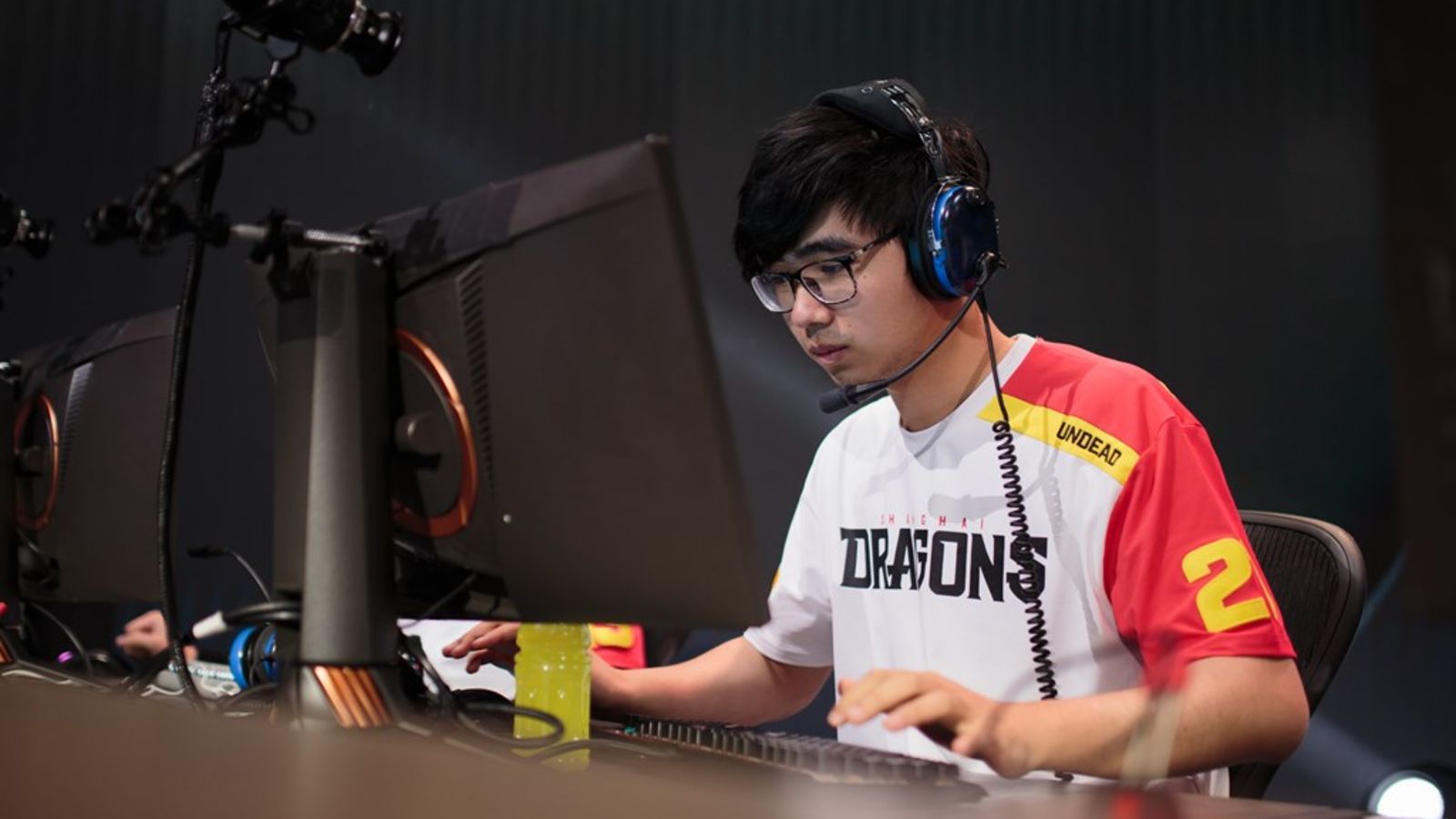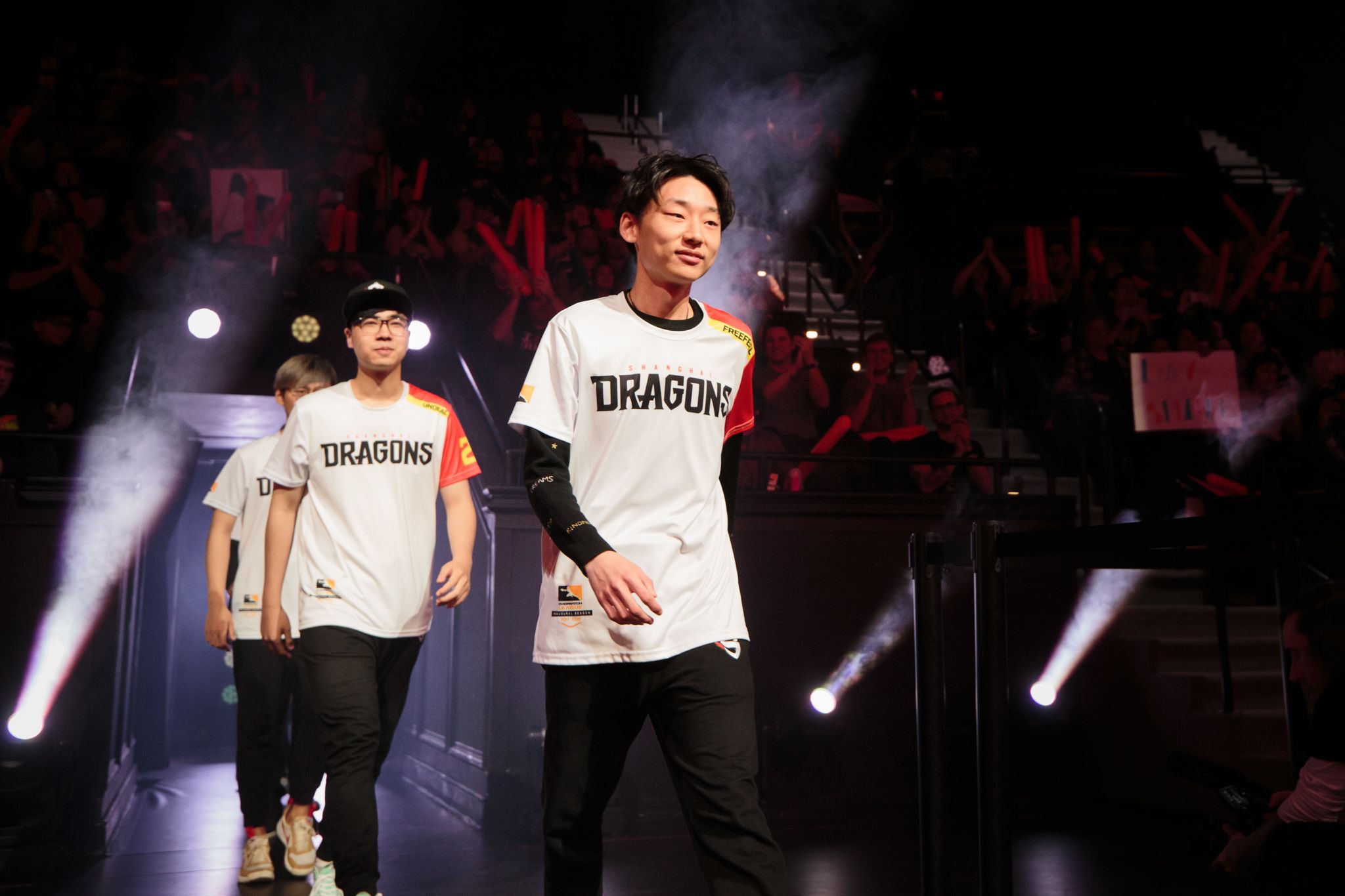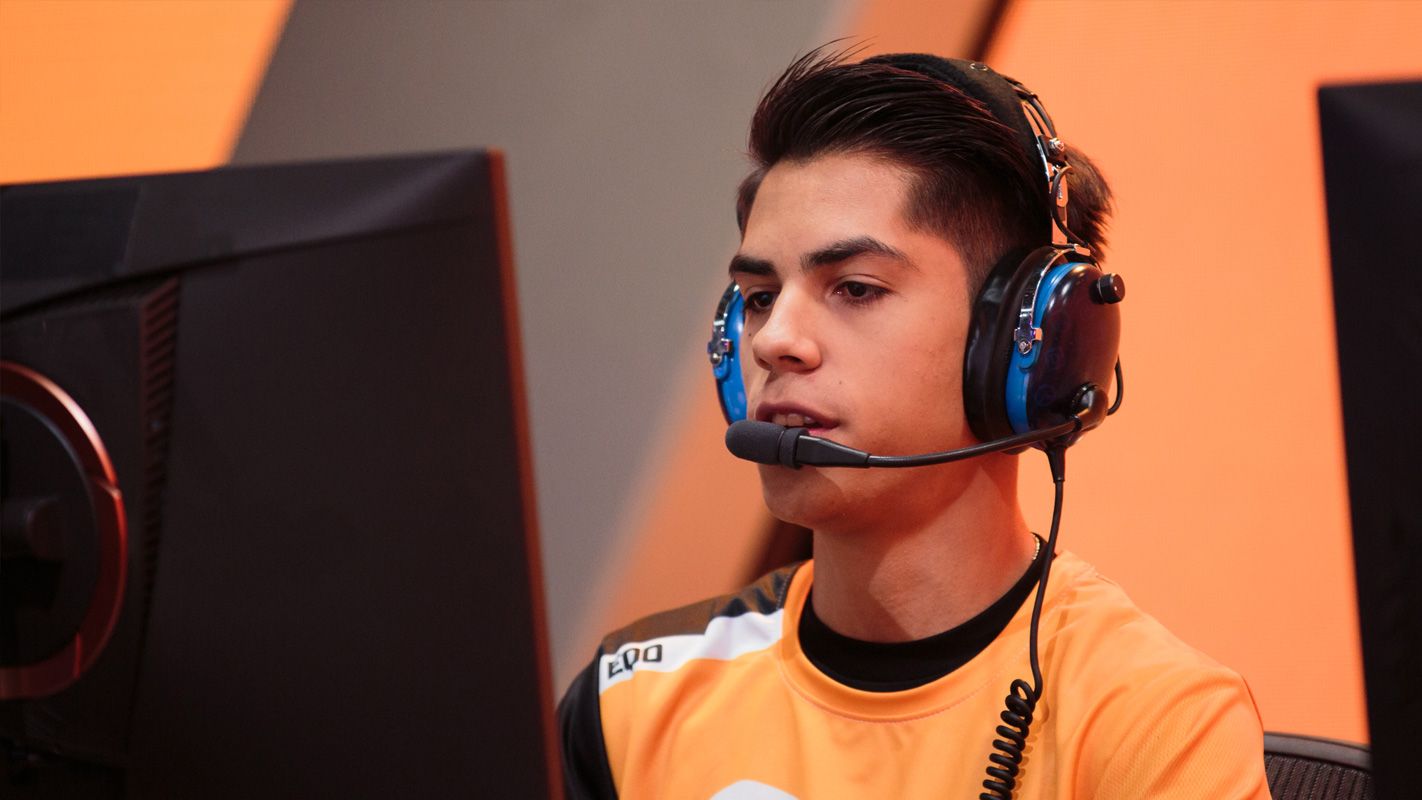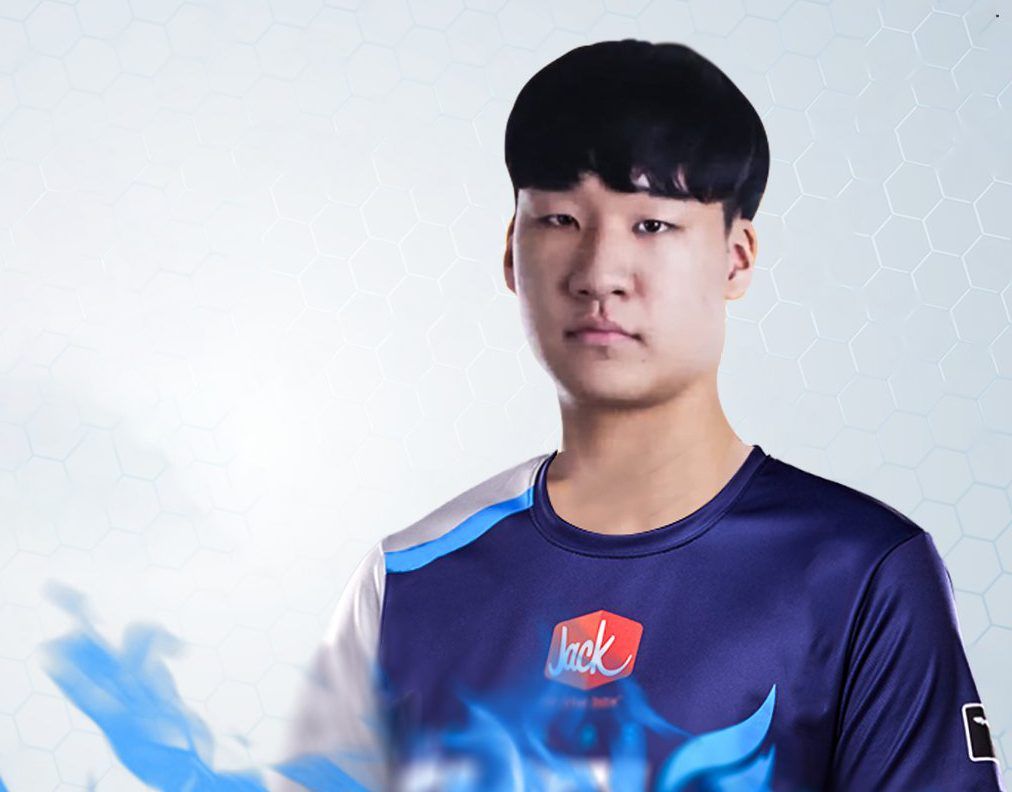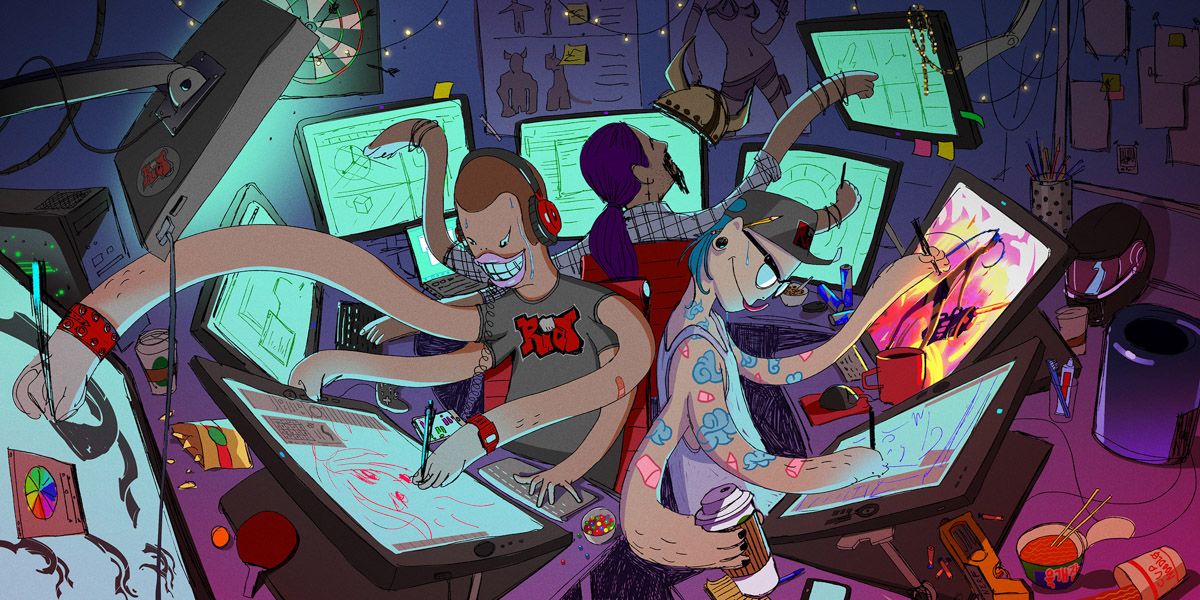eSports is a lot like professional sports; both sets of players tend to start young and usually retire early, they train rigorously for competition and require a lot of hard work, discipline, and luck to make it big. The kid that wants to be a pro baseballer and the one who wants to be a pro Dota 2 player both have this in common; they want to become famous and or become the very best. eSports are more popular than ever with thousands working to become the best in the world. Success will supposedly bring fame, wealth and status to those who succeed; a chance to prove everyone wrong in your quest to blaze a trail like no other. But no-one seems to talk about the dark side of gaming.
Illegal substances, suspicious contracts, and harassment are just some of the obstacles in the way of reaching the pinnacle of gaming. Players have been approached to throw matches, perform illegal acts, and have been harassed by faceless trolls on the Internet who think they could do better. Brutal training schedules and late-night streaming will be essential to achieve success, so you had better love playing that game to infinity. There are so many risks and loopholes in eSports, as it is still in its early stages of development. This industry is young and wealthy but also incredibly fickle at best and outright intense at worst. Come on over to the dark side, but know this; I can’t promise that you'll like the cookies.
24 If A Pro-Gamer Is Streaming A Lot, They Are Not Being Paid Much
There is a notion that being a pro eSports gamer is a cushy job that pays well. You just win some competitions, do some interviews, and you’re set for life. However, this is not exactly the case. Alongside grueling training regimes, lots of travel, and paying bills, many pros also stream late into the night. Streaming platforms such as Twitch are a way for fans to watch and connect with players directly. Fans can also donate money to the streamer in exchange for a shout out. Streaming provides a financial bolster for players who are not paid well.
23 Pro-Gamers Are At Risk Of A Range Of Illnesses
When people think of shut-in gamers, an image of a greasy, and unhealthy hermit may come to mind.
While lethargy is a possibility for some, there are other illnesses for pro gamers to contend with.
Tennis elbow can take a player out for weeks and getting surgery may ruin their reaction times. Carpal tunnel is a big one as is well as back and eye problems. Some players refuse to eat food or even go to the bathroom when they are obsessed with a particular game, putting them at risk of becoming underweight or malnourished.
22 The Dishonest Truth: Not All Contracts Are As They Seem
eSports is a young industry with lots of money which means that it is ripe for exploitation. Accounts such as Anthony Hodgson’s expose reveal the harsh truth facing many young wannabe pros. Most wannabe gamers are teenagers who have never had a job or handled a lot of money before. This means that they are often grateful to be paid at all, even if the pay is less than minimum wage for 12+ hour days. Foreigners are often put on tourist visas which allow the company to let them go without severance or notice.
21 Under Pressure: Mental Health Is A Concern
Being a pro eSports player often means giving interviews and playing in front of thousands of people, especially when competing. Audience expectations and a vicious training regime mean that players are under a lot of pressure to perform, which can damage their mental health. Justin ‘Pulp’ McGrath, a favorite to win the Smash Bros. Melee event at the Evolution Championship Series in August 2018, finished third as he had a panic attack on stage. The fear of failure, having thousands of eyes on you, and a sense of loneliness can get to even the calmest of pro players.
20 It’s A Man’s World
Around 30% of eSports viewers are women and yet there are few female professional players. Harassment and gender bias from fellow competitors and anonymous online trolls are a very real challenge facing female players in eSports. Kim Se-Yeon, also known as ‘Geguri’, is a talented Overwatch player who happens to be a 19-year-old teenager. Early in her career, two male players, ELTA and Strobe, accused her of cheating and bet their careers on it. This forced her to endure playing a match in front of thousands of people just to prove that she was talented. This match, often hailed as a win for feminism, was a vicious fight for her reputation.
19 Young Upstarts: eSports Players Retire Early
Playing video games at a professional level requires lightning reflexes and a sharp eye. Young people are at the peak reaction age and have a natural edge over older players. While hard work and grinding are key to making it big, youth and natural ability play a role in success. Due to the decline of our natural reaction time as we age, eSports pros often retire in their mid-to-late twenties as they are dethroned by teens who do what they do, but better.
18 Signing Your Life Away: Teams Can Harm Gamers
You would think that getting signed with a big company and joining a professional team would be the end of danger, right? Wrong. There have been instances of teams mistreating their players by paying them little, forcing them to train for 14 hours a day, and not giving them their prize money. For example, Denial eSports, who managed H1Z1 and CS: GO, refused to pay their players or staff and simply disappeared, owing them thousands of dollars.
17 Becoming A Pro Literally Takes Over Your Life
The road to success is paved with hard work and determination. When aiming for the top, gamers must put in the hours.
Many players quit school or their day jobs in order to leave more room for training.
Whether they succeed or not, many players find that leaving eSports forces them to realize that their prospects are dim if they quit school early or have not had other work experience. This is a tough reality for many retired pros and amateurs; do you think it’s worth it?
16 You Can Power-Up In Real Life, But It Is Illegal
Many regular players have experienced games being thrown or people cheating in-game, but you can cheat in real life as well. While many pros resort to smack talk, some players prefer a different approach. The Electronic Sports League has implemented testing competing players for certain performance-enhancing substances, such as Adderall. These items enhance players’ reaction times and speed up their reflexes, illegally improving their performance. This type of power-up is morally wrong, but when you have money and are under pressure to win against younger players, taking them can seem like a tempting offer.
15 Taking Big Risks: Betting On A Win
Rising to the top not only brings awful contracts and terrible bosses, but it can also bring some unsavory business propositions.
Numerous pro players have been approached by suspicious folks looking to make a quick buck.
If they accept, these eSports professionals are paid to throw matches or win them depending on the buyer’s needs. This is not a new practice, either: Cheon ‘Promise’ Min-Ki attempted to end his life after it was discovered that he was paid to match-fix back in 2014.
14 Seoul Has Treatment Centres For Gaming Obsession
Remember how I said that some people do not allow themselves food or bathroom breaks when they game? These people are gaming obsessives and this is common. Gaming is huge in South Korea, with some of the best players in the world coming from there. The number of people this affects has grown so high that Seoul has treatment centers designed to treat the problem. In an interview with The Guardian, one psychiatrist said that he has seen children as young as six become patients.
13 Mining For Virtual Gold: Using Players’ Computers To Get Bitcoins
Back in 2013, it was revealed that an E-Sports Entertainment Association employee updated clients’ software with a Bitcoin-mining code that tapped into players’ computers. This mining code raised over $3,600 in Bitcoins in a short period of time. The ESEA has since apologized and fixed the issue, but it is surprising that they even developed the software in the first place; only one employee had the nerve to use it.
12 Too Close For Comfort: Cramped Living Spaces
Over the years, there are numerous accounts of team managers forcing their teams and coaches to live together in cramped living spaces. We are talking ten people in tiny apartments bursting with computers and gaming equipment. Rather than being a college experience, it is unpleasant and a tight squeeze for everyone involved. Accounts like Anthony Hodgson’s are a terrible reminder of how awful the road to success can be for some wannabe pro gamers.
11 When Players Act Out
Pressure can present people in many ways. Pro player xQc stirred up trouble in this year’s Overwatch League when he made a homophobic remark about the openly gay player Austin ‘Muma’ Wilmot, reported players for no reason, and called the newscasters ‘cancer’. He was fined heavily and his contract with Dallas Fuel came to an end. xQc has returned to play for Team Canada in this year’s Overwatch World Cup, which has been cause for discussion among fans.
10 Insensitive Memes Are Not Cool
Another Overwatch League controversy, this time from a coach rather than a player. Tae-Yeong ‘TaiRong’ Kim, coach for the Houston Outlaws, made a mistake earlier this year when he posted a distasteful meme regarding the incident that affected Hiroshima and Nagasaki in World War Two.
He apologized unprompted and donated $1000 to the Hiroshima Peace Culture Foundation.
Despite this, he was punished by Blizzard, but on a smaller scale due to his apology and donation.
9 Achievement Unlocked: Past Returns To Haunt You
The professional team Shanghai Dragons could not catch a break during this year’s Overwatch League. Not only did they have the most losses, but they also had their share of issues. One of these issues was caused by Fang ‘Undead’ Chao. It came to light that Undead was unfaithful to previous girlfriends and there were rumors circulating that he harmed them, though there was a debate over whether this harm was emotional or physical. Undead ended returning home to China before writing a public letter to one of his ex-girlfriends.
8 Sharing Is Not Always Caring: Sharing Accounts Is A No-No
Another issue encountered by the Shanghai Dragons in this year’s Overwatch League was caused by their coach, Chen ‘U4’ Congshan. It was discovered that Congshan was sharing his account with pro players and approaching other players without permission from their coaches.
Account sharing is the act of allowing other players to use your account.
This not only puts your personal details in jeopardy but is also a massive no-no within the gaming community. As a result, Congshan was removed from his position as head coach.
7 Misunderstood Joke Or An Insensitive Comment?
This controversy falls in a bit of a grey area. Earlier this year during a personal stream, pro player ‘eqo’ made an insensitive joke regarding Korean professional players. If you watch the clip of the moment you can see that he had just played particularly skilfully and some may say that he meant well when he said that he played ‘like a Korean’. He was quickly fined and suspended for a period as a result of making this joke.
6 Boosting Your Infamy
In gaming, account boosting is the act of logging into another player’s account and playing ranked mode for them to level them up; this is a big sin to commit. Earlier this year it was discovered that the Dallas Fuel’s main tank, OGE, was being paid to account boost. This earned him a swift suspension, and that’s not even the half of it. When South Korean casters discussed this scandal, they refused to say his name; this is how seriously it is taken within the Korean gaming community.
5 Riot Games’ Toxic Work Environment
This year has had a lot of controversies, huh? Earlier this year, Kotaku released an article detailing Riot Games’ toxic work environment and its despicable treatment of its employees. Since then, multiple accounts have emerged of mistreatment and misogyny by members of Riot Games. These accounts involve gross attitudes not just to other staff members but also to fans and contractors. Riot Games released a statement of their intentions to improve their work environment; we will see how this process unfolds in the future.

